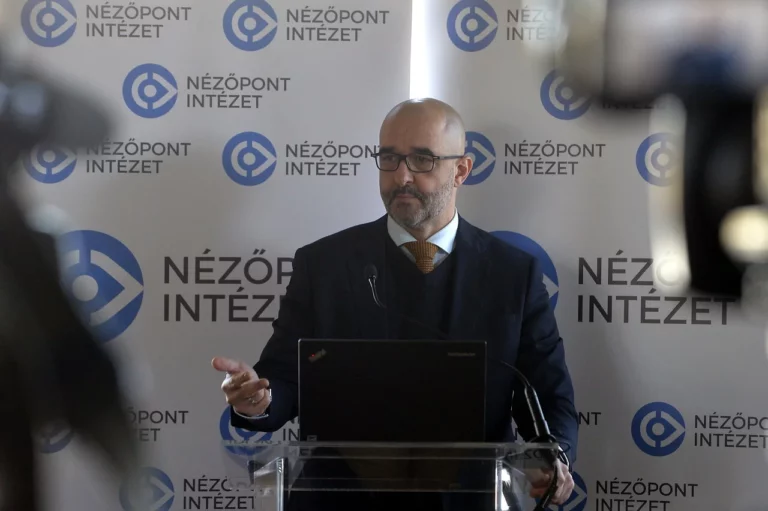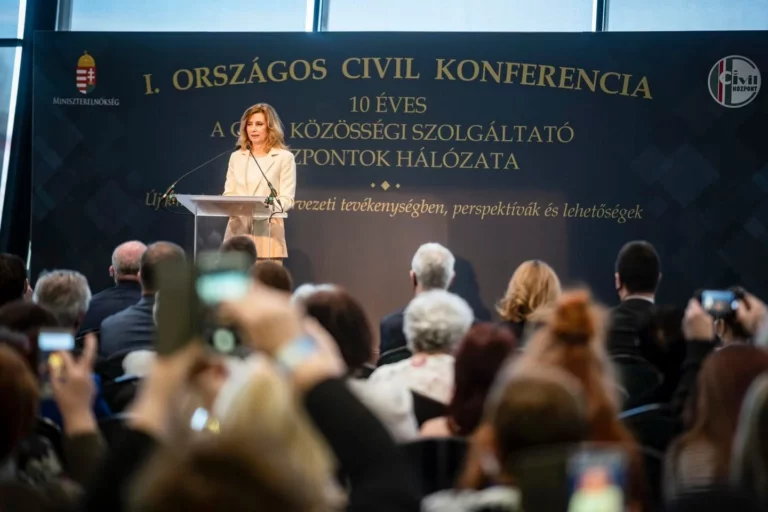NGOs
Government-close think tank: six out of ten Hungarians back Orbán

EU condemned Hungary for illegal eavesdropping on journalists, politicians!

Peace march to come again on March 15 in Budapest – hundreds of thousands expected

What a twist: intl migration org praises Hungary’s handling refugees!

Opposition: Hungary “being Putinised”!

This is how the Hungarian-Ukrainian border looks now – a field report

Secretary condemns NGOs attempting to gain a grip on political decision-making

Fidesz: this is how the Soros network manipulates public opinion

First Lady: 1,200 children remained orphan due to COVID in Hungary

Hungary in the foreign media: Soros network holds all the cards?

Stop supporting NGOs involved in the maritime transport of migrants, Hungarian FM says

Budapest Airport collected 10 thousand EUR for foundation helping disabled people

Minister: international organizations helping migration lost their common sense

Hungarian left wants to allow LGBTQ propaganda in schools?

Government: George Soros avoided paying taxes

Minister: NGOs are capable to influence public life and debates

Justice minister: critical NGOs “share a common backing”

Hungarian government ready to scrap law prompting infringement procedure





 ZH
ZH IT
IT DE
DE HR
HR NL
NL FR
FR JA
JA RO
RO RU
RU ES
ES TR
TR
